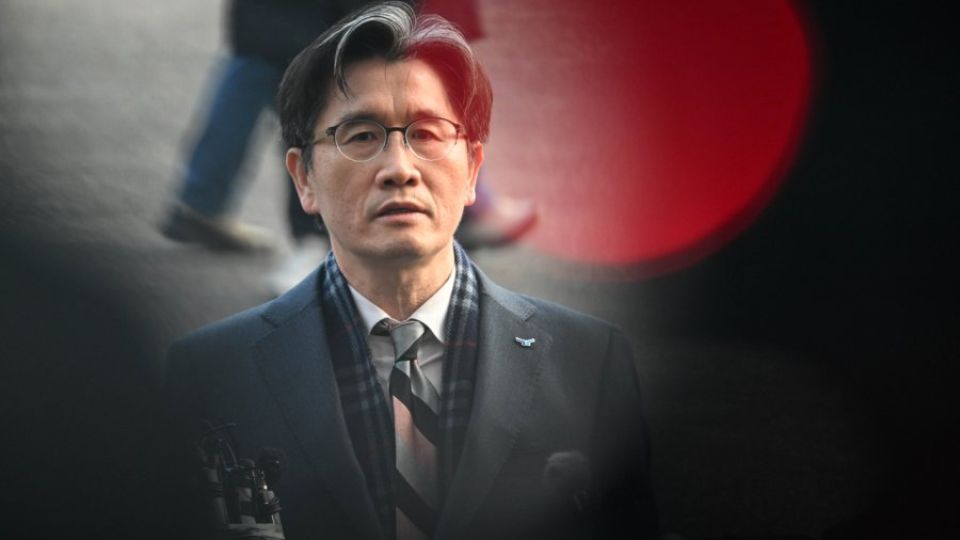January 23, 2025
GWACHEON – Suspended President Yoon Suk Yeol continued to refuse being interrogated by the Corruption Investigation Office for High-ranking Officials Wednesday, prompting investigators to explore the option of forcing him to comply with the summons.
As in their attempts both Monday and Tuesday, investigators were stymied by Yoon as he refused to submit to questioning once again Wednesday, with his legal team refusing any form of questioning, according to the CIO.
Oh Dong-woon, the CIO’s chief prosecutor, told reporters early Wednesday that forcibly executing the summons will be inevitable, given Yoon’s continued refusals to comply.
The CIO, which leads the joint team investigating the president, argued the decision to force Yoon to comply with questioning was not unfounded, citing that the Supreme Court in 2013 authorized the enforcement of a summons on a suspect who refused to appear for questioning after being detained.
Yoon has refused to appear for questioning six consecutive times, except for the interrogation on the first day of his arrest, during which he remained silent.
The prospect of enforcing the summons sparked complaints among others, including Yoon Kab-keun, one of Yoon’s legal representatives, Rep. Kwon Seong-dong, floor leader of Yoon’s ruling People Power Party, and some within the legal community, saying the agency would be crossing the line.
No South Korean president has been forcibly brought in for questioning by an investigative body after being held at a detention center, even after their time in office had ended.
Former Presidents Park Geun-hye, Chun Doo-hwan and Roh Tae-woo all had investigators or prosecutors visit them for questioning after they were indicted. Former President Lee Myung-bak refused questioning while he was detained.
These investigations occurred before the CIO was established in 2021.
Yoon’s legal team called the forced summons illegal, denouncing the CIO of violating the president’s right to self-defense and right to meet his lawyers.
The agency also announced that it had attempted to execute a search and seizure warrant to obtain the servers of Yoon’s secure mobile phone and computer at the presidential residence and presidential office in Yongsan-gu, central Seoul, on Wednesday afternoon.
However, investigators had to withdraw from the presidential office as it refused to let them in. They could not execute their search and seizure warrant at the presidential residence either as the acting chief of the PSS was not on duty, due to his attendance at a National Assembly hearing.
Meanwhile, Oh also said that the agency was working closely with the prosecution service on the transfer of the case.
The formal arrest warrant initially authorizes the CIO to detain the president for 10 days after his arrest, which can be extended up to 20 days with the court’s approval. During that time, the agency can facilitate interrogation and refer the case to the prosecution, which has the authority to charge a sitting president with insurrection.
Though the agency and the prosecution tentatively agreed to split the 20-day detention period into two 10-day phases, the prosecutors reportedly requested an earlier transfer of the case after considering the possibility that the court could reject an extension of the detention period.
“Thorough preparations will be made for an early transfer to prevent any shortcomings arising in the procedures. We will do our best to refer the case to the prosecution before Jan. 28,” Oh said.


